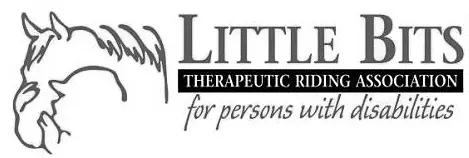Benefits of a rider
Physical
Physical benefits for all riders may include improved balance, coordination, sensory, integration and increased motor planning. For a rider with CP muscles may be relaxed and stretched resulting in decreased spasticity. The muscles of a rider with hypotonia will be strengthened thus improving posture. There could be an increase in the range of motion for certain joints as well as improved respiration and circulation.
Social
Social benefits for a rider who has Autism could be an increase in socially appropiate behaviours, an increase in patience and the development of respect and friendship for animals and other human beings. The riders will also interact with the instructor and the volunteer(s) assisting them, giving the benefit of developing good listening and communication skills.
Cognitive
Cognitive benefits for a rider with global developmental delays would be to achieve an increase in attention span, an increase in the ability to follow directions and as well an increase in visual and spatial perception. Memory can be improved as well as sequencing skills.
Emotional
Riders will be able to enjoy trail rides that take them through the forest and up and down small hills, over grass, gravel, concrete, sand, mud and water. They may ride on a warm sunny day, get caught in a short rain, or be out on a breezy day. All of these sensations add to the overall experience of connecting with nature.
All riders could experience emotional benefits via a sense of achievement and the ability to take risks. Riding provides persons with disabilities a sense of normalcy, as this is an activity which most any person can take part in. Riding can be highly motivating for some individuals and great for increasing self-confidence. It is a fun and enjoyable way to have “therapy” in a non-therapeutic setting. The horses are the therapy equipment and their movement affects each rider in a positive, non-clinical manner.
Rider Application Form
This application is to ascertain the eligibility of each individual for consideration of entrance into this riding program. Please read the rider criteria carefully, as therapeutic riding is not appropriate for all individuals. These criteria are used as guidelines, and each client will be assessed on an individual basis.
- Must be able to maintain a sitting position while the horse is in motion
- Minimum recommended age of 3 years
- Seizures must be controlled by medication
- Maximum recommended weight of 165 pounds
- Negative finding of Atlantoaxial Instability (For persons with Downs Syndrome)
- Riders accepted into the program are done so on a trial basis
- Currently riders are being placed into the program 18 to 24 months after the application has been received
- No new adult application are being accepted at this moment.
